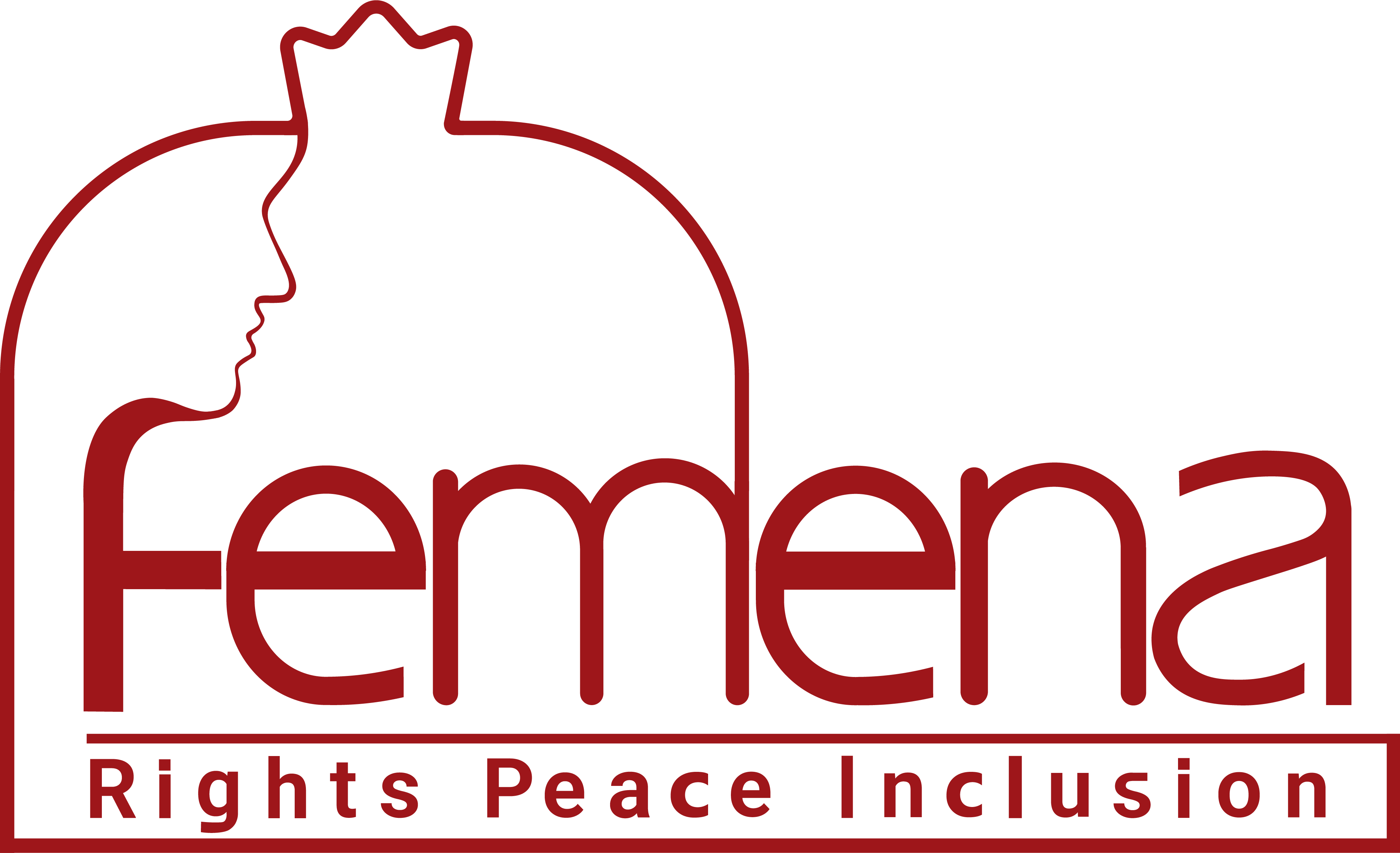
Feminist movements in the region have been sounding the alarm about the rising rates of femicide for years and cautioning governments to take serious and decisive action to end the murder of women. Unfortunately, as several high-profile and violent murders of women across the region over the last weeks demonstrated, these calls are falling on deaf ears. The violent murder of women continues unabated.
Following an argument, Sabrin, a 30 year old pregnant woman and mother of 4, in Sousse Tunisia, was killed by her husband on May 8, 2023. Tunisian women’s groups angry at the continued violence against women started a campaign to raise awareness about violence against women. The death of Sabrin occurred on the heels of two other high-profile incidents of femicide in Tunisia, including a similar crime in the town of Nasrallah in Kairouan Governorate, in which a 32-year-old woman died after her husband strangled her to death, and an incident of femicide, in which a taxi driver following a verbal altercation, killed a woman by running over her by his car.
On April 29, Aya El-Shebiny in Tanta, Egypt, was murdered violently by her husband of three days for refusing to sleep with him. This incident of Femicide in Egypt follows a spate of high-profile killings of women. Last year, three women were murdered by men after they turned down their marriage proposals. Naira Ashraf and Salma Bahgat were stabbed to death and Kholoud Al-Sayed Farouk was strangled to death.
On April 16, Donya Rezaiee, a 19 year old girl from a village in Kermanshah province in Iran, was strangled by a male relative, presumably her father, for allegedly having relations with a boy. On April 14, Maryam Soleimani, 34 year-old mother, from a village near the city of Khoy in West Azarbaijan Province of Iran, was killed by her father and brothers, for allegedly having extramarital relations. Married off at the age of 13, compromising pictures of Maryam were published online by a man claiming to have had sexual relations with her. Despite her husband’s defense of her, the pictures were broadly shared among villagers, which resulted in the ostracization of her family. Maryam’s father and brothers, took the matter into their own hands, by first shaving Maryam’s head, then torturing her, all of which finally resulted in her death by hanging.
Feminists in Turkey too have long spoken up about the high rate of Femicide in the country, and the culture of impunity from which male murderers regularly benefit. Similar cases of femicide have been reported from other countries in the region, including Jordan, where women are subjected to crimes, including murder, in the name of honor.
In much of the region, lack of legal protective measures that criminalize violence against women are either non-existent, inadequate or not properly enforced. In Egypt, feminists have long called for criminalization of marital rape, to no avail. In Iran, after over a decade in the making, a watered down and problematic law on preventing violence against women was passed, which fails to even mention the term violence. Turkey’s government withdrew from the Istanbul Convention, which provided protective measures for women facing violence.
The increases in violence against women, including their murders, comes at a time when women’s groups, often the only groups advocating against violence and for female victims of homicide, are facing increased state and security pressures. Across the region, the space for civic activism is shrinking and, in some cases, civic space is almost non-existent. Women’s organizations formal and informal, are being targeted, shut down and women human rights defenders, are being harassed, interrogated, detained, charged with national security crimes, accused of terrorism, tried, and sentenced to long prison terms.
- Femena urges governments and authorities to heed the long-standing calls of women’s groups to adopt and enforce comprehensive laws against gender-based violence and to hold perpetrators fully accountable for their violent crimes against women and girls.
- Working with women’s groups, governments must take immediate steps to end all forms of discrimination against women and ensure that women and girls have access to appropriate services and justice mechanisms when their rights are violated or when they face violence.
- Femena calls on the governments in the MENA region to facilitate the work of women’s organizations and movements. Governments must work in partnership with women’s movements and WHRDs to end gender-based violence and discrimination against women.
- We call on governments in the region, the United Nations and other regional and international bodies to work collaboratively together to ensure women’s equal rights and to end gender-based violence. Enhanced regional and international cooperation and leadership are key to ending impunity and ensuring that women’s rights are protected and upheld.

